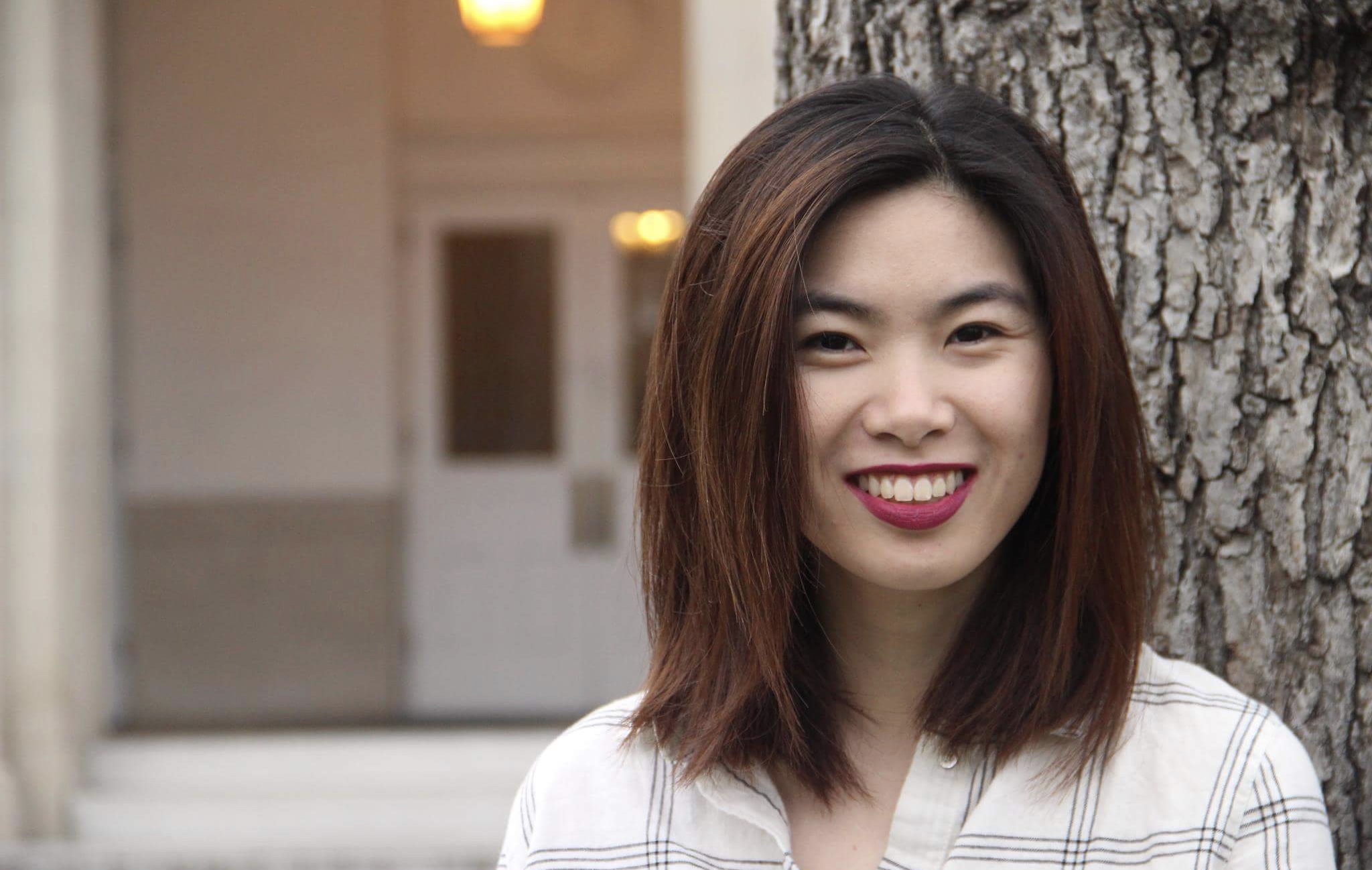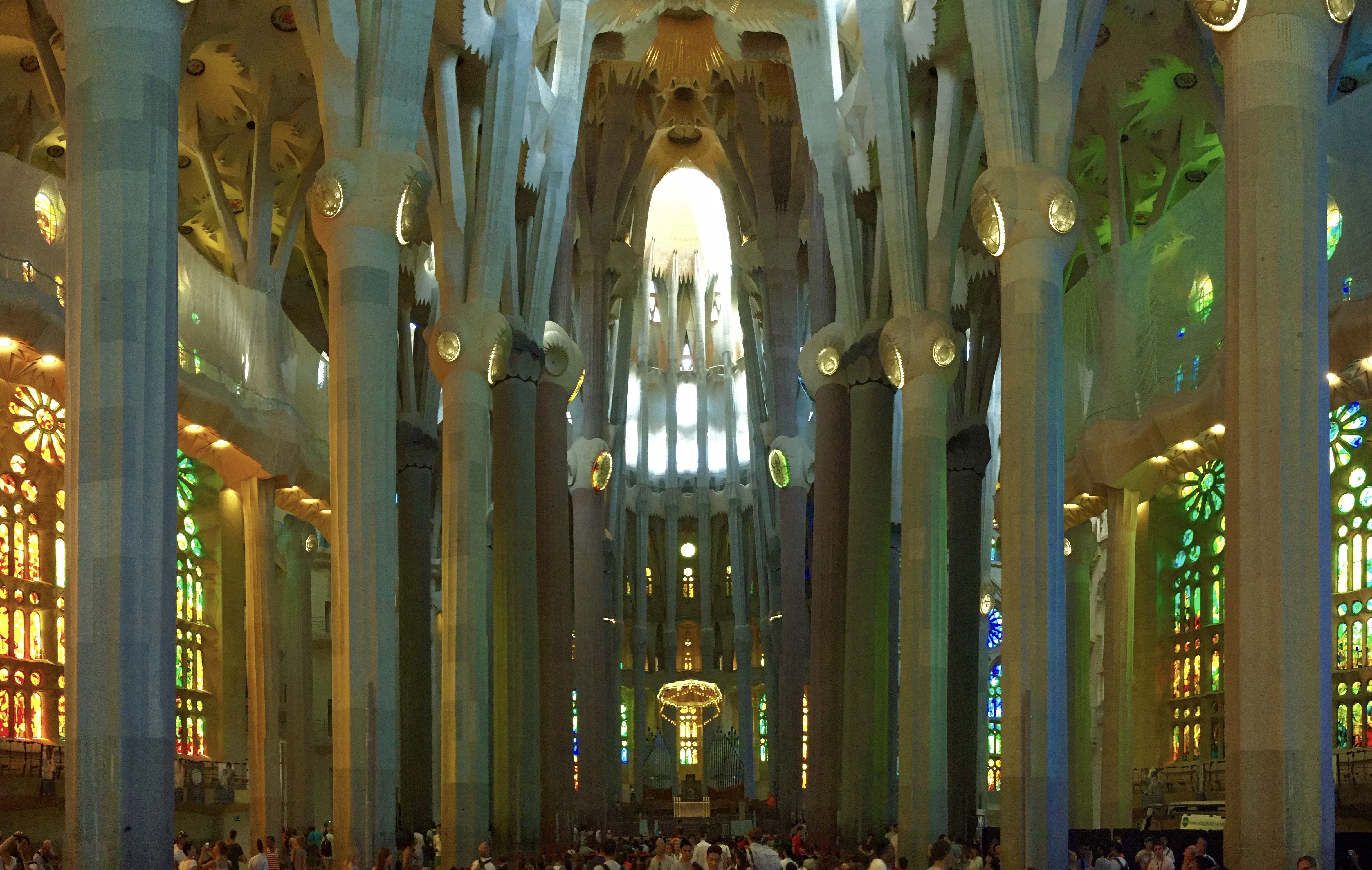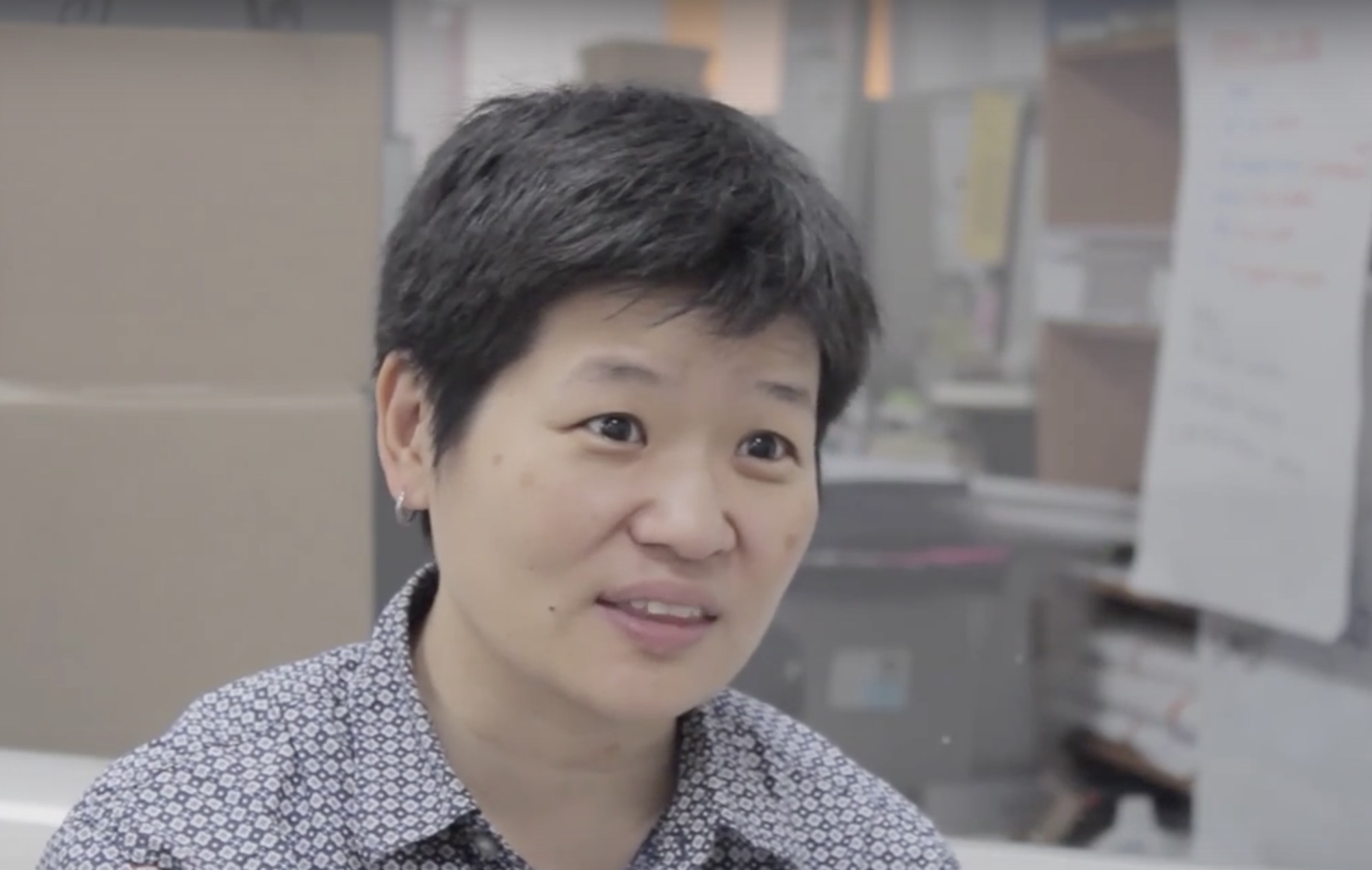
Elaine Hang
For the longest time, I felt like an alien in my own body.
During my childhood, I didn’t pay much attention to crushes or kissing. I was confused why some young girls in school and in TV shows made such a big deal out of them. This confusion followed me into my early adolescence when my close friends began talking about relationships and having boyfriends. Whenever they asked me whether or not I liked someone, I became very awkward because I always had the same answer: “No, I don’t like anyone. Sorry.” Sometimes I felt very uncomfortable, but most of the time I felt like I just didn’t fit in. I wondered what was wrong with me. Was I sick? Was something wrong with me? Was I the only one on this planet who felt like this?
Why was I so different from my peers who fantasized about physical relationships and even sex?
These questions led to my noticing the astounding popular and prevalence of sex in the media and world around me. It was more popular subject in pop culture: music videos had some sexual content or lyrics in them; pornography ads appeared on the sides of the websites; shirtless or suggestive people were plastered on billboard and magazine covers. I was puzzled that the entire world could be so obsessed with this one thing. After taking life science, I had viewed sex as nothing more than a mere tool of reproduction—A rather unhygienic and time-consuming tool. I feel alienated in this culture, because I felt no sexual attraction or drive. The thought of just…being with someone like that? Gross.
Fast forward to my junior year of high school. I started noticing that my friends talked a lot about who they thought was attractive. They talked of checking out shirtless guys and looking at people’s butts, and I didn’t understand what they were talking about. I finally understood how different I was from them.
I don’t remember how, I heard about the term “asexual.” I knew it existed but that was it. Over a break, I finally looked up the word on the internet. Eventually, I stumbled upon the website www.asexuality.org, more commonly known as AVEN, which stands for Asexual Visibility and Education Network. Reading about it made me realize that I may be asexual.
At first, I was extremely happy that I was not alone and had figured out who I was. Then, worry and doubts set in. If I was romantic, would I ever find someone? If I was aromantic, how would I create the life I wanted for myself? How was I going to come out to other people? How would I know if I was experiencing sexual attraction if I didn’t even know what it was like?
Because of these concerns, I wasn’t fully convinced that I was asexual at first. I held the false notion that I couldn’t be asexual because I was a hopeless romantic. That idea kept me from accepting my asexuality. Yet, I created an AVEN account anyway and reading the forums, which helped a lot. I started thinking about coming out to people. Then, about eight months later, I couldn’t stay in the closet anymore.
There was one friend I knew who would know what asexuality was and what it implied, which I thought would help. I decided to start with him. I knew he would be fine with it, but I was still incredibly nervous. During an event we were at together, I finally asked him for a private talk and I came out to him. He was, and continues to be, extremely supportive.
Coming out to him was just the tip of the iceberg. I had still had a significant amount of doubt, but just saying the words “I’m asexual” made me feel like I had finally figured myself out, and I knew I was going to be okay. Soon, I gained the courage to tell other close friends—and eventually my parents.
My parents are fantastic and progressive people. They always emphasized my limitless potential to do great things. They knew I did not need a family or a husband to be successful or happy, because they placed great importance on independent soul-searching and traveling. My parents always brushed off stuff like marriage or kids as secondary to financial success and globe-trotting. Yet, they had been completely thrown off when I came out to them. They assume that marriage and family was something that will just happen to me naturally in the course of time, which was why they had a difficult time accepting my asexuality.
I know my parents are disappointed; they want me to find someone, get married and have kids. I know that they mean well—After all, they want the best for me. But that’s not what I want. Yet, I remain optimistic about the future, hoping that in time they will come to accept my asexuality.
Now, I am still trying fully accepted myself as asexual. I still have some concerns occasionally, but I think that is normal. I’m still in the process of learning more about asexuality and reconciling my romantic notions with it. As Audre Lorde said, “Only by learning to live in harmony with your contradictions can you keep it all afloat.”
With that I can look toward the future and say, “I am not an alien. I will be okay.”
Categories: LGBTQ


[…] For more coming out stories from Asian and Pacific Islander Americans, check out Q&A Space. Update Jan 2016: This story was submitted to Q&A Space! Check it out! […]